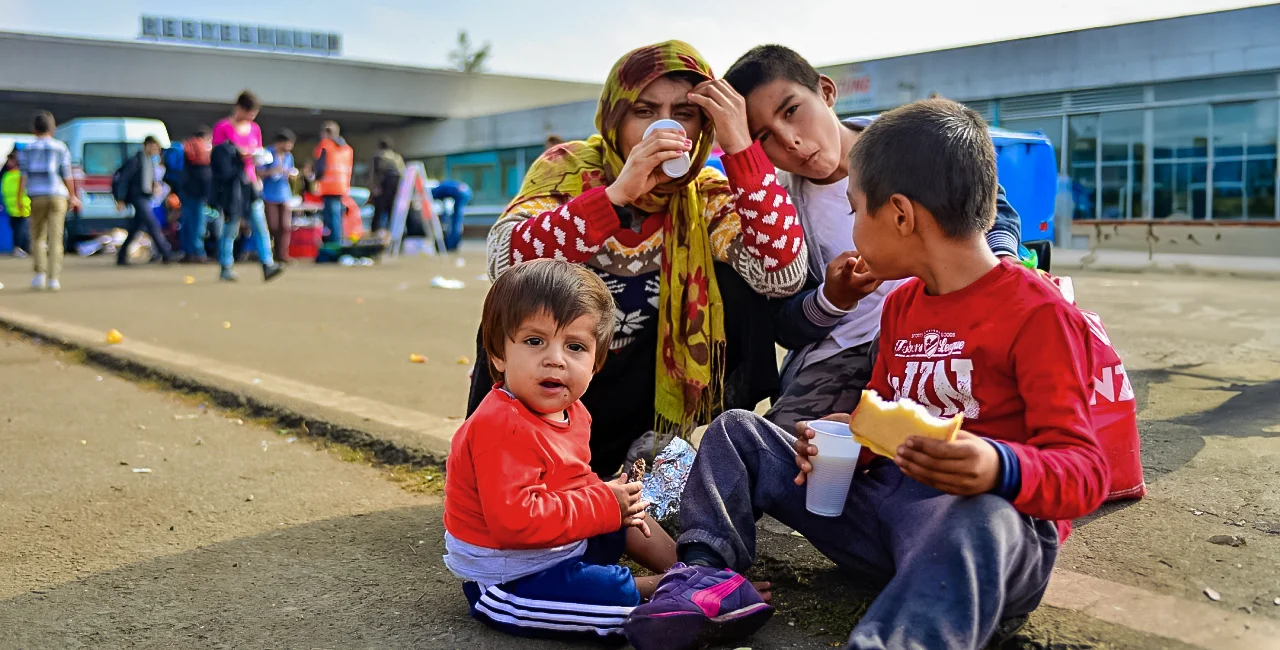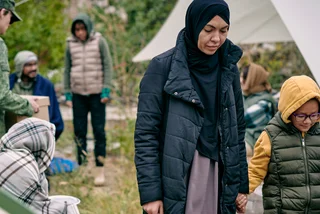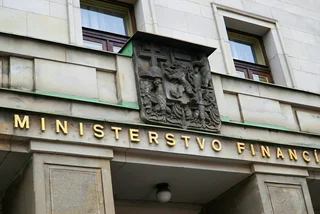Transport Minister Kupka states Czechia will abstain from voting on the EU Pact on Migration and Asylum that largely deals with migrants and asylum seekers from the Middle East and North Africa. The decision comes after a cabinet meeting Wednesday, where Kupka said that the new version of the pact is worse than what Czechia had helped prepare during its Council of the EU presidency in the second half of 2022.
Czechia wants more border control
While the pact does not impose compulsory migrant quotas on Czechia, Kupka emphasized the importance of securing an effective return policy and protecting external borders.
However, he noted that the new proposal has added unnecessary bureaucracy and moved away from the country's preferred approach, which is more skeptical towards accepting Middle Eastern refugees.
The new pact establishes “a new solidarity mechanism amongst member states to balance the current system, in which a few countries are presently responsible for the vast majority of asylum applications, and clear rules on responsibility for asylum applications.” It also “speeds up” asylum procedures.
The proposed rules aim to implement more stringent controls on migrants and expedite the return process for failed asylum seekers. They also introduce a compulsory, collective agreement that requires all EU countries to either accept migrants, provide financial or material assistance, or a combination of both.
EU countries reached an agreement on new migration and asylum rules last December after years of negotiations. The Belgian presidency of the Council of the EU is now working on finalizing the individual legislative texts, with a final adoption expected this month. But before it can enter into force, the pact must be approved by ministers of EU member states and the European Parliament.
Government happy with pact, but want changes
The Czech government initially welcomed the agreement on the rules, with Prime Minister Petr Fiala highlighting that it does not include mandatory quotas. Foreign Minister Jan Lipavský also expressed support for the pact, citing the need to defend Czechia from being overburdened by Middle Eastern immigrants while at the same time helping those in need.
However, opposition leader Andrej Babiš is critical of the pact in general: he describes it as an “invitation” for millions of migrants into Europe.
The pact's fate now rests between EU member states and the European Parliament; voting will take place in April.












 Reading time: 2 minutes
Reading time: 2 minutes 


























